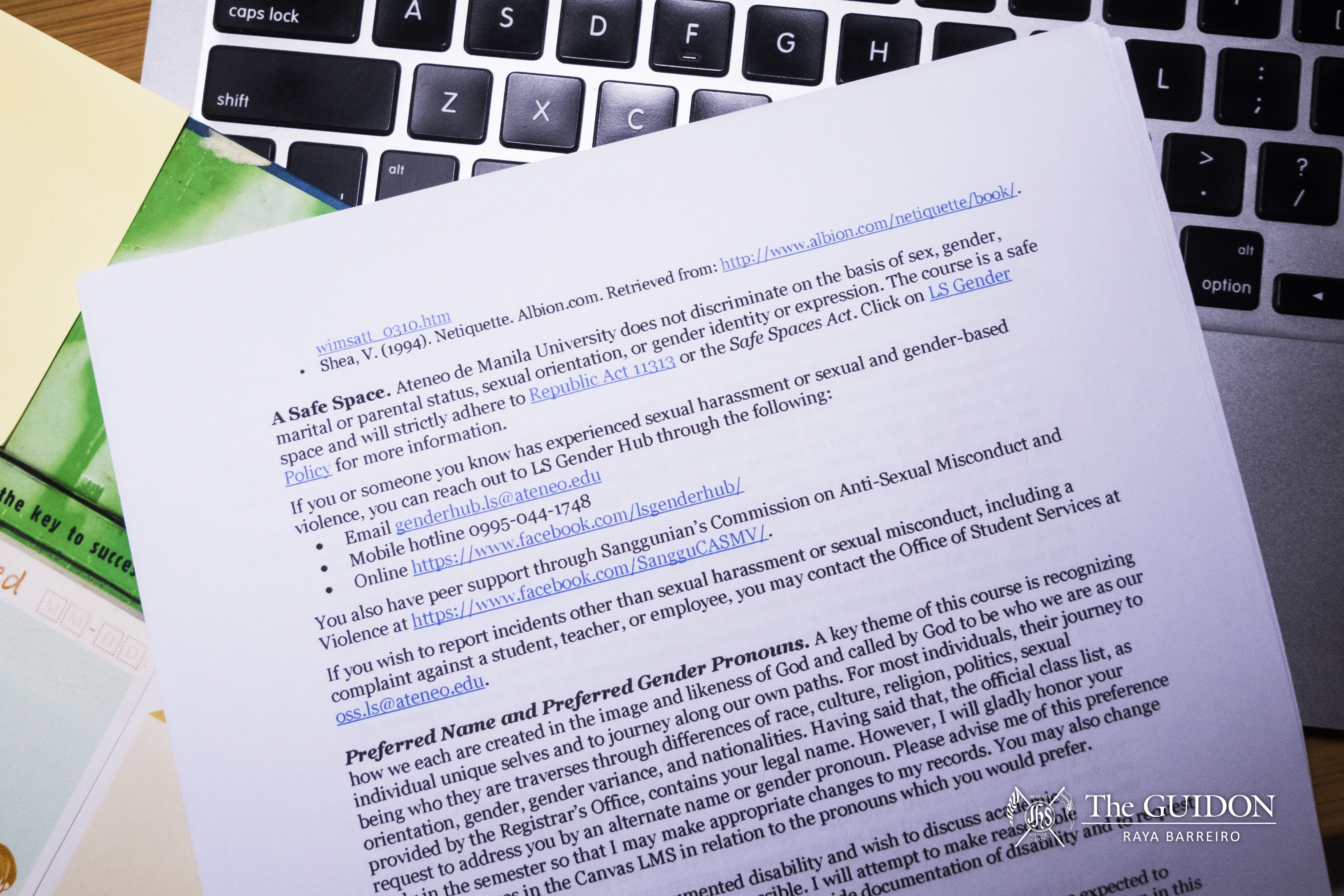THE UNIVERSITY Office of Decorum and Investigation (UODI) released the first Semi-Annual Report earlier today in compliance with the Code of Decorum and Administrative Rules on Sexual Harassment, Other Forms of Sexual Misconduct, and Inappropriate Behavior (Code and Rules). The report was released months after UODI submitted it to the Office of the President for approval last July 5.
The Semi-Annual Report includes the general statistical information on the 12 formal complaints and two informal reports received and processed by the University Code of Decorum and Investigation (CODI) from October 2019 to June 2021.
As the current report only includes the cases handled by the University CODI, UODI Director Alma Renee Pavia said that the next Semi-Annual Report will include both University and School CODI cases.
General findings
Following the Code and Rules, the report provided general data on the formal complaints, which included the nature of the charges, the resulting decisions, and the number of appeals made for review. Meanwhile, six of these complaints were filed prior to September 2020 and were thus processed under the previous Anti-Sexual Harassment Policy.
With all 12 complaints classified as major infractions, the report stated that there were six male complainants, eight male respondents, six female complainants, and four female respondents.
From these formal complaints, the decisions are as follows: Two warnings, two suspensions, and six employment terminations. Two cases were also reported to be ongoing, so the decisions will be included in the next Semi-Annual Report.
Of the 10 concluded cases, one complainant and two respondents requested the University President to review the decisions of their respective cases. Among these, only one request was granted. Moreover, no appeals were filed with the Department of Education, Commission on Higher Education, or other courts to question the University CODI’s decisions.
Finally, two informal reports were submitted through the CODI alert, but the reporting parties opted for protective measures and care assistance from the Gender Hub instead of pursuing disciplinary cases.
Institutional reform
As part of the whole-of-University approach against sexual and gender-based violence, the Semi-Annual Report also outlined the CODI panels’ recommendations on supplementary initiatives for the administration to implement.
These recommendations refer to the addition of training and onboarding programs for students and personnel, an examination of “specific cultures” within the University, and the implementation of more policies to address the issues outlined in the report.
Notably, the programs that seven CODI panels recommended aim to train teachers on professional and ethical conduct in campus and public spaces, as well as child protections and anti-sexual harassment policies and practices. CODI also requested the implementation of regularly scheduled orientations on the Code and Rules, gender sensitivity certification courses, and programs where veteran faculty members can lead discussions on ethical conduct in online settings.
Furthermore, the seven CODI panels recommended an enhanced formation program that would empower students to report inappropriate behavior or persons of authority.
That said, training and onboarding sessions have already been conducted in the past for the University’s “key officials,” School CODIs, Introduction to Ateneo Cultures and Traditions facilitators, and the Executive Board of all LS student organizations.
Two CODI panels also emphasized the urgency of eradicating “locker room culture” through education by suggesting a programmatic approach to building a more inclusive culture that does not differentiate between males and females, or between “homegrown” and “new” students.
Lastly, in terms of additional policy points, eight CODI panels recommended the development of mandatory online courses on the previously outlined topics for both students and faculty. They also encouraged faculty members to formally acknowledge their role in keeping their students safe through regularly renewed signed documents, as well as for the University to review the current procedures for handling all complaints.







